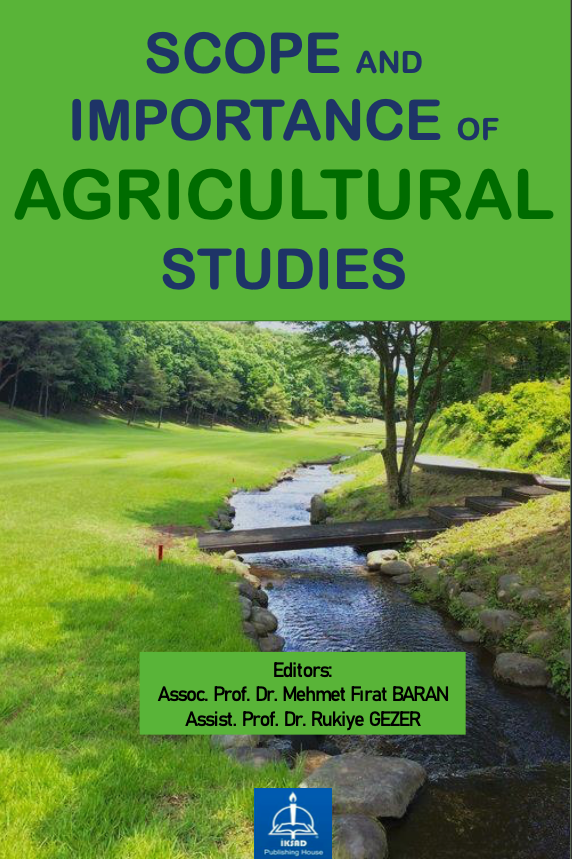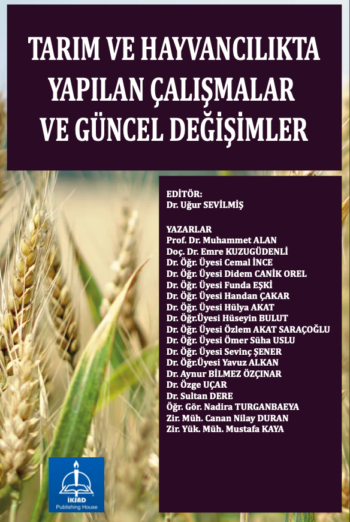The scope of agricultural research must include a description of the systems being investigated, their functions, and their boundaries. It is essential to figure out the type of study model required and the intended users. When a farmer is growing a crop in an area with rules and forecasts of how much economic yield the crop will produce, it can be useful to know the optimal management techniques that satisfy productivity, profitability, and environmental protection goals. Similar to this, studies that include livestock production need to be planned to forecast the performance of herds or individual animals under various combinations of breeds and management. They may forecast the number of animals of various ages by gender, body mass, or the amount of milk each lactating cow produces each day, all of which are influenced by herd management and the commercialization of meat, calves, and/or milk. The goal and scope definition of bioenergy scenarios and studies of organic agriculture systems frequently fail to adequately differentiate the unique characteristics of the respective farming system, and frequently only a small number of impact categories are assessed within the impact assessment, making it impossible to conduct a thorough analysis. In general, the goal, methods used, attributional or consequential perspective, chosen system boundaries, functional units, used data basis (experimental data vs. modelled data), assumptions made regarding farming practises (including yields), applied characterization factors, analyses of results, assessed impact categories, life cycle, impact assessment, and conclusions can all be included in the research goal and scope.





